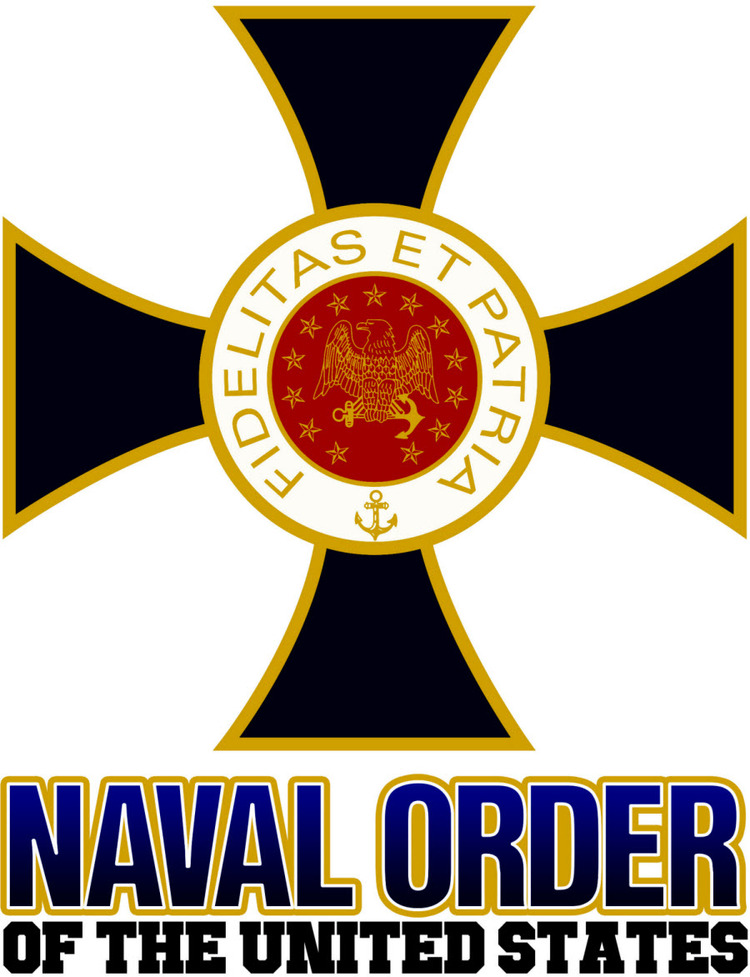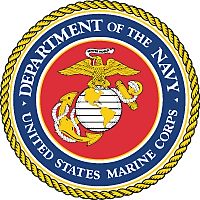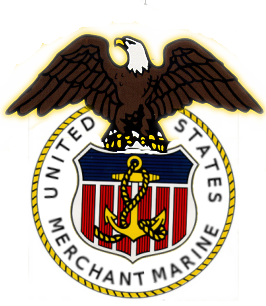by ADM James Stavridis, USN (Ret), PhD
Admiral James Stavridis, USN (ret.), PhD
Reading and Leading
Over the course of my career, I have had the privilege of working with some spectacular leaders in the public, private, and non-profit sectors, both within and far beyond the borders of the United States. Though many of these leaders would be considered successful by any measure, none have accomplished what they have in the same way as any other. Each has had to respond to a particular set of circumstances at a particular time with his or her particular style.
It can be difficult to spot a common thread running through such diverse people and experiences, but, in my experience, all the best leaders I have encountered have also been avid readers. The same holds true for many historical leaders I have met through my own lifelong love of books: from Caesar in Gaul to Napoleon in France, Nimitz in the Pacific to Mattis in Iraq, many of the greatest leaders you could name always kept a good book (or a case of them) close to hand.
Like many readers, I enjoy talking about books almost as much as I enjoy reading them, and in recent years I began systematically asking four-star U.S. officers about their own reading habits. Their responses not only make clear that the connection between reading and leading is alive as ever in the senior-most ranks of the U.S. military, but also provide a master class in what, how, and why leaders should be lifelong readers. My colleague R. Manning Ancell and I turned 50 of these officers’ responses into a book entitled The Leader’s Bookshelf, which we hope will inspire and sustain the love of reading in the leaders of today and tomorrow. Here’s a taste of what we learned in the process.
What to Read
Happily, the short answer is that it doesn’t matter so much what you read. There are as many tastes in literature as there are successful models of leadership, and taste is often the best guide to reading — especially if reading is not currently a part of your daily practice.
There is only one caveat to this rule, which is that it is important that you read books. By virtue of their length, books bring the reader into sustained conversation with the author and the ideas, characters, and stories the book contains, and the habits of mind that most benefit leaders can only be built through such continuous contact. All leaders will have plenty of other reading competing for their attention (keeping up with email and the news, for example), but that type of reading generally does not build imagination, judgment, or discipline.
Books require commitment, but that is precisely the point — and there is no reason that it must come at the cost of enjoyment. As with fitness, the greatest gains from reading come through consistency and variety. Reading the most difficult book you can find may not make you a better leader (or reader), and some of the greatest leadership lessons are found in literature, drama, and poetry. Shakespeare understood a lot about leadership, even if his lessons are not neatly packaged with bold headings and bullet points. Then again, as every leader knows, neither is real life.
How to Read
Reading, by itself, won’t make anyone into a leader, but it can be a key developmental practice if you approach it with purpose. As a result, how you read matters more than what you read — especially at first. Reading for leading requires active learning rather than passive absorption. Before reading, prime your mind by asking yourself what you want to learn from a book. And, as you read, practice making predictions and judgments as the story progresses. As the characters (real or fictional) approach their own leadership challenges and choices, ask yourself what you might do in their shoes. (Again, this is much easier to do if you enjoy what you are reading.)
Important as it is to read with intention, it’s also essential to learn how to read in bursts — especially if you are a senior leader. You might not be able to put your feet up and read a whole book in one or two sittings very often, but you will be amazed at how much you can read if you make a habit of carrying a book or e-reader with you and turning to it (rather than email!) during even the briefest of down times.
I like to think of this kind of intentional reading like an immersive leadership simulator. Throughout my own career, and especially as a younger officer, I have read novels, plays, histories, and biographies to try to understand how other people have met their challenges. Leadership is one of the most difficult experiences to replicate exactly, but, by imagining myself in the shoes of leaders both historical and fictional, I have been able to practice making and evaluating decisions long before I had to make them in real life, with real people on the line.
Why to Read
In addition to being the best form of preparation available to the rising leader, there are two final reasons why every leader should be reading consistently. The first is that books remain one of the best technologies ever invented for conveying culture from generation to generation. As a leader, one should acquire a working knowledge of the literary touchstones of one’s own culture — and, whenever possible, others’ as well. I have long made a habit of reading a key work from the literature of the people and places I have encountered; to this day, I have yet to find a better window into another’s world — or a better conversation starter.
Most importantly, books shape our individual characters even as distinct from our cultural backgrounds. Each of us is shaped by the stories we internalize, which means that the final and most important part of reading with purpose is arriving at our own judgments about how the world works and how we are supposed to live and work in it.
Ultimately, both reading and leading are lifelong journeys. No leader can follow precisely in another’s footsteps or know exactly what challenges he or she will face along the way — yet reading and internalizing the stories of those who have gone before can help any leader keep moving forward.
There might not be any one surefire practice for making successful leaders, but reading has been a time-honored tradition of good leaders across the centuries. Wherever you might be on your own leadership journey, I hope you’ll take this as an invitation to make reading a part of your life and that of your organization. When leaders of character, creativity, and compassion are so needed, the benefits of reading good books with purpose are as relevant and reachable as ever.
Admiral James Stavridis, USN (ret.), PhD, served in the Navy for over 30 years, culminating as Supreme Allied Commander of NATO. He is the 12th and current dean of The Fletcher School of Law and Diplomacy at Tufts University, from which he received his master’s and doctoral degrees. A lifelong reader and writer, his books include The Leader’s Bookshelf (with R. Manning Ancell), from which portions of this article are adapted, and the forthcoming Sea Stories: Lessons of Leadership and Character from Ten Admirals.







